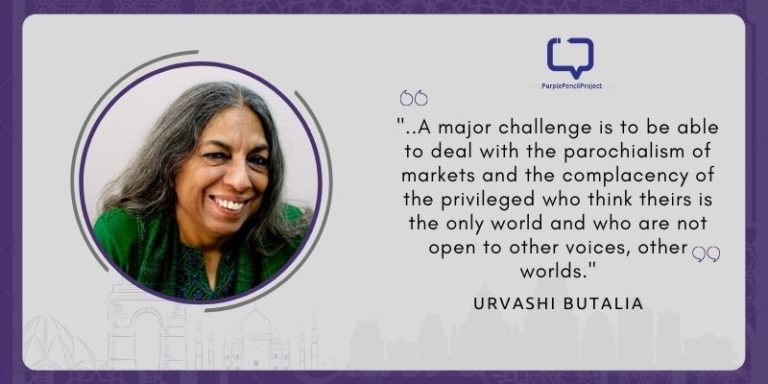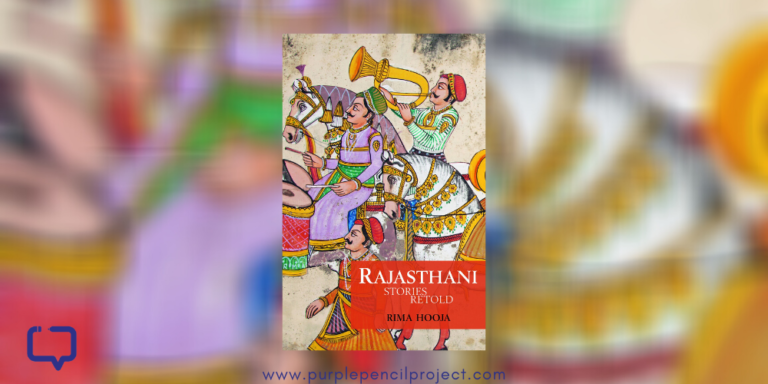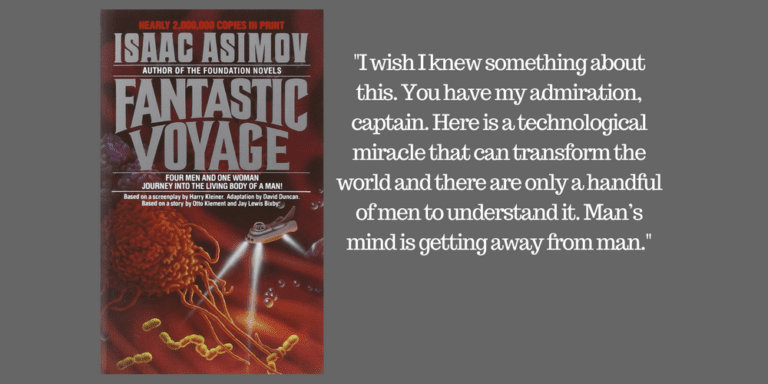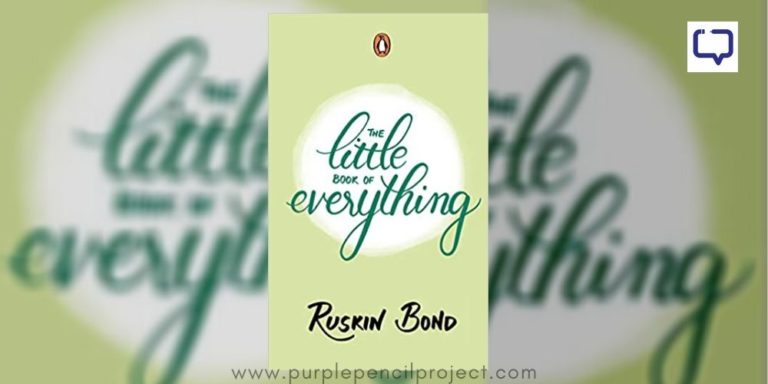I’ll be honest — I am not (yet) a science fiction aficionado. I have a very limited, can-count-on-my-fingers number of the genre, some short stories and currently only two novels I can think of. Do Androids Dream of Electric Sheep is the second one. (“What can I say? I only read science-fiction books I fall in love with.” Guess the reference?) Yet, or maybe that is why, 32 pages into this book, I was dreaming of friends who were in two places at the same time and talking to their other selves.
We encourage you to buy books from a local bookstore. If that is not possible, please use the links on the page and support us. Thank you.
Philip K. Dick’s dystopian drama is, of course, filled with the few basic tenets that the genre associates with — a planet destroyed by war, a human colony in outer space, lots of dust, very little living life besides humans and the advance of technology strong enough to duplicate humanity in most forms.
Dick’s book stands at the vortex of two major questions:
1. What divides an android and a human?
2. How necessary are love and empathy for survival?
At this point, I am reminded of Ray Bradbury’s comment that in the end, love is all that matters. It is. If I can say it as a 23-year-old former commitment-phobic person, anyone can.
Rick Deckard, whom most of you must know as the Blade Runner played by actor Harrison Ford, is on a mission to hunt down six delinquent androids who have come to Earth from their colonies, illegally. He functions chiefly with the help of his Penfield mood organ — a device, which, upon dialling a number makes you feel an emotion, against your own instinctive wish. Dial what for a worrying panic about the future of the world?
His dream is to own a real animal to replace the electric replica of a sheep he currently owns. If there was any proof needed of why pets are important, read this book. He constantly chides the black empathy box which collects the consciousness of everybody touching the gear at that moment and transfers their emotions to one another — with nothing but the image of Wilbur Mercer trudging along a wasteland, symbolising the endless struggle of humanity.
Here’s the answer to the first question: “Empathy, evidently, existed only within the human community.” Thus, the world has created a test to distinguish androids from humans based on this principle. Rick has four androids to eliminate using this.
Hell breaks lose when several things happen: He realises that the manufacturer of the androids, The Rosen Association, is after him so they may upgrade from their Nexus 6 model to make their androids more human, that there is a parallel society, a police headquarters to be precise, functioning right here, that there is a human he hates so much because he thinks he is an android and there is an android he falls in love with.
The big reveal comes when the one television and radio program that is popular with everyone, titled Buster Friendly, is actually run by androids and Buster and Wilbur Mercer are always vying for each other’s attention. Or for TRPs, for the control of our minds and thus pits androids against humanity — who will win this power struggle?
Anyhow, the book places Rick’s dual realisation at the climax of the story, when Rick sleeps with Rachel (an android) and falls in love with her. What follows is a surrealistic experience where Rick finds himself physically as Mercer himself, thereby, what seems to me, picking humanity over technology The book is titled as a question and there are no answers. It plays with the ultimate potential of our God Complex: What if we create entities that think and feel like us? What happens then? And what happens when we begin to ignore the androidness of androids and accept them? Read deeper into John Isidore’s character, the chickenhead, and you find that sometimes, all we want is nearness, even at the cost of civilisation itself.
Pitted against Rick’s intense desire to have pets, real animals, and the extinction of owls and most birds, the book explores a world without the warmth of living life and real creatures deftly. And it also explores the world of meritocracy — when Rick sees how wonderful an opera-singing android sounds, he wonders why he has to kill her. Then he remembers, ice-cold intelligence. And is not the sassy, smart bitch mode a glorified trait of today?
Where does it fall short?
Politically relevant or not, the book speaks of only three geographic regions chiefly — USA, Russia and Mars. Now, I do not expect every writer to always include every country in the world but wiping out entire continents seems too much of an oversight. Yes, it was 1968 but if an author can envision humanoids, he can envision an earth that is not bipolar.
Phillip Dick by no means is a mediocre writer; but either intentionally or not, his writing sometimes lacks empathy — characters abruptly evolve emotionally and sometimes he skips large parts of this development. This is apparent when Rick’s encounter with Phil changes him into an android-empathiser. It is too sudden.
It is an old book and there is not much I can say that has not been said — but I will say this. The future should never be here. It cannot. That is why it is the future. When the present and the future collide, we call it the end of time. If Dick’s book is anything to go by, and with the advent of the Sixth Extinction, Nano Technology and human-looking robots, it is a worrying picture. Already, I believe Intel has developed software for Stephen Hawking that, as the book puts it, “measures capillary dilation in the facial area.” It is stupendous how literature predates science by decades
How can we stop this without putting this entire Age in limbo? Only time can tell. If we have enough of it, that is.
Favourite Quote:
“…papers had reported it each day — foxes one morning, badgers the next, until people had stopped reading the perpetual animal orbits.”
Recommended Age Group: 21 and above. It can turn you into a cynic if read too young.
Sakhi is a student of literature, an aspiring writer and a partner at www.purplepencilproject.com. She has a degree in journalism and is pursuing her master’s from Mithibai, Mumbai.





















